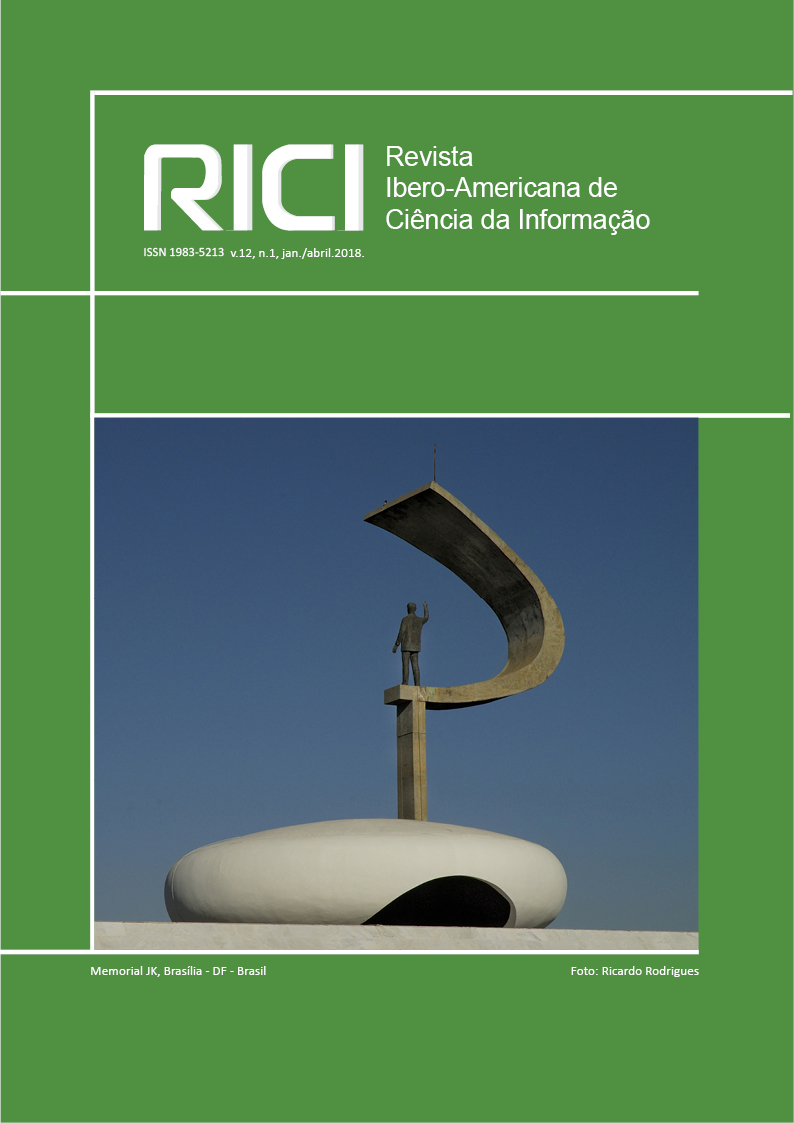Digital preservation: challenges, experiences and opportunities
challenges, experiences and opportunities
DOI:
https://doi.org/10.26512/rici.v12.n1.2019.10523Keywords:
Digital preservationAbstract
The digital economy represents a new productive model in which the information professional must establish himself as a facilitating agent. The work object of the professional has changed from analogue to digital. This means adopting methods and having knowledge for your job that will preserve the digital resource for the time needed. From this, the manager should reflect on the nature and scope of preservation; in this way, it can assume a proactive role aimed at obtaining a sustainable electronic file. The present study aims to conceptualize preservation while increasing its complexity. It seeks to achieve two objectives. The first one focuses on exposing the most outstanding threats of the digital resource, while the second one is about exposing the scope of an action plan, as well as its basic actions. The study is characterized as being of a descriptive nature, based on bibliographic sources and the analysis of the technological and normative tools used in preservation. The expected results are as follows: list of the most significant threats, identification of the approaches needed to address preservation, reconceptualization of preservation and, finally, determination of ways of acting.
Downloads
Downloads
Published
How to Cite
Issue
Section
License
Copyright (c) 2018 Manuela Moro Cabero

This work is licensed under a Creative Commons Attribution 4.0 International License.
Copyright Notice
Authors who publish in this journal agree to the following terms:
- Authors retain copyright and grant the journal right of first publication with the work simultaneously licensed under the Creative Commons Attribution License 4.0, allowing the sharing of work and recognition of the work of authorship and initial publication in this journal.
- Authors are able to take on additional contracts separately, non-exclusive distribution of the version of the paper published in this journal (ex.: distribute to an institutional repository or publish as a book), with an acknowledgment of its initial publication in this journal.
- Authors are permitted and encouraged to distribute their work online (eg.: in institutional repositories or on their website) at any point before or during the editorial process, as it can lead to productive exchanges, as well as increase the impact and citation the published work.
















